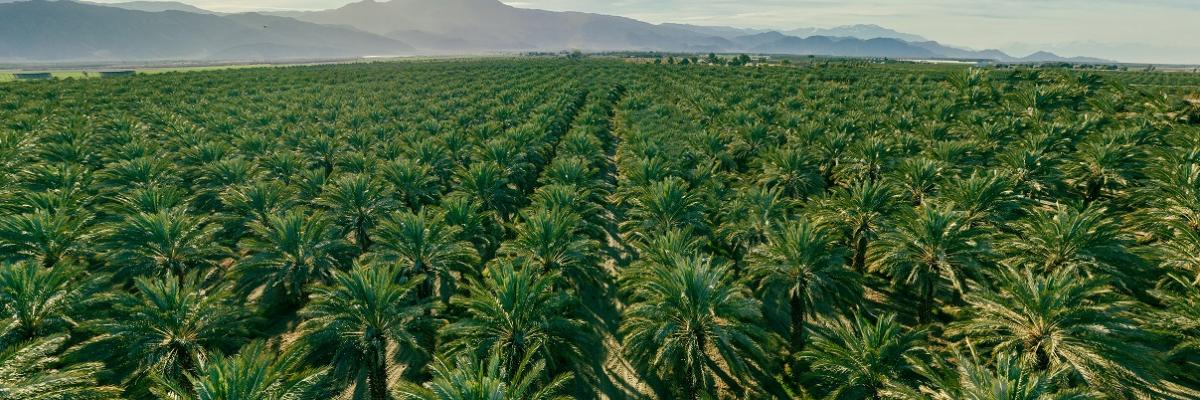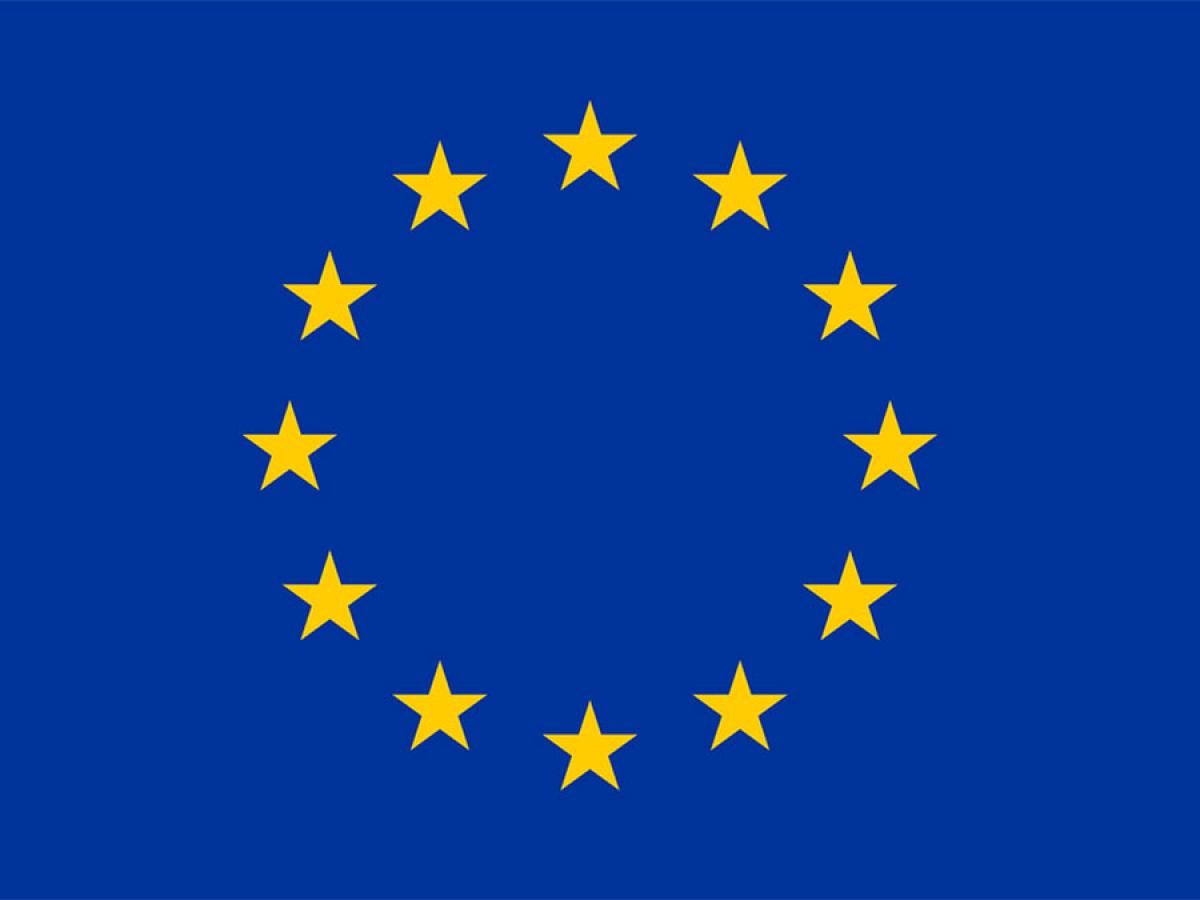Implications of the EUDR on global palm oil supply chains

Effective from December 2024, the European Union Deforestation Regulation (EUDR) mandates that commodities like palm oil must be sourced from deforestation-free supply chains and accompanied by comprehensive due diligence statements.
The EUDR aims to mitigate deforestation risks by requiring supply chain actors to submit geospatial data and conduct rigorous risk assessments.
Our latest working paper identifies significant challenges, particularly for palm oil suppliers. The stringent traceability and compliance demands of the EUDR could disproportionately impact smallholders who may lack the necessary resources. This regulation echoes previous market access tensions from the EU Renewable Energy Directive (RED) II, with major producers like Indonesia and Malaysia raising concerns.
Opportunities are seen through alignment with existing certification schemes such as Malaysia's MSPO, which could facilitate EU recognition. The EUDR's classification of countries by deforestation risk simplifies compliance for low-risk nations, encouraging proactive engagement with the EU for precise risk evaluations.
The authors emphasize the pivotal role of the Council for Palm Oil Producing Countries (CPOPC) in promoting dialogue and cooperation with the EU, advocating for the interests of producer nations. As the EUDR is implemented, extending timeframes, addressing smallholder challenges, and establishing support mechanisms are crucial. The paper highlights the importance of collaboration and leveraging local initiatives for a successful transition to deforestation-free trade.
About the authors:
Dr Sajad Fayezi, Enterprise Fellow in Supply Chain Management at the University of South Australia
Dr Helena Varkkey, Associate Professor in Environmental Politics at the University of Malaya
Stephanie Bayancela Briones, Doctoral Researcher in Circular Economy at the University of Adelaide
Views and opinions expressed are however those of the author(s) only and do not necessarily reflect those of the European Union or the European Education and Culture Executive Agency (EACEA). Neither the European Union nor EACEA can be held responsible for them.

Funded by the European Union
This work is licensed under Commons Attribution-NonCommercial-NoDerivatives 4.0 International License.
IIT is a global leader in researching, analysing and commenting on International Trade.
Stay informed about our up-and-coming seminars, events, publications, awards, new projects and collaborations, and other exciting news.
